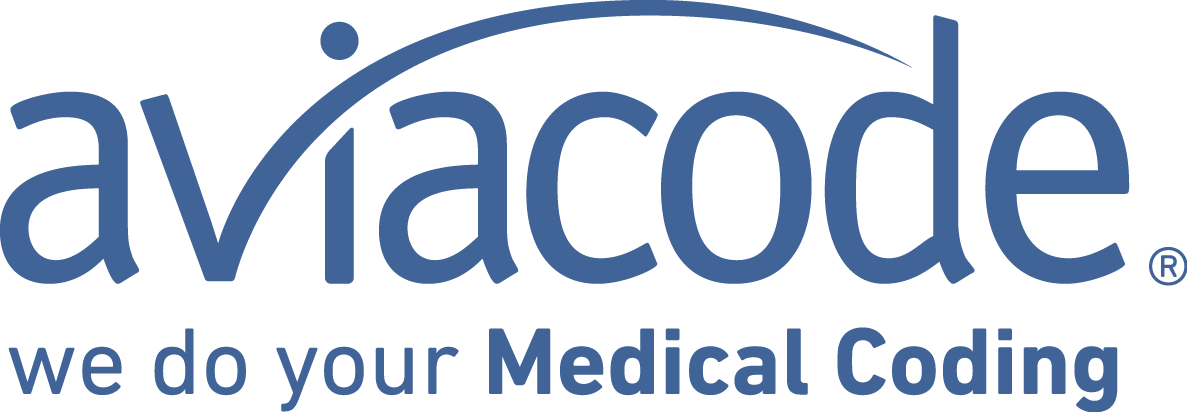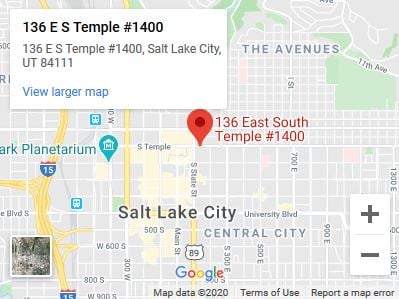Professional and facility coding represent different aspects of a healthcare visit. Hence, the longstanding tradition has been that many hospitals and health systems tend to keep the departments separate. For a growing West Coast-based health system, keeping a wall up between professional and facility coders meant double the work as the volume of claims increased.
In a recent RevCycleIntelligence article, "reducing duplicative coding processes and edits increased coding productivity for radiology by 74 percent in nine weeks after single-path coding implementation," the systemwide director of revenue integrity and HIM reported. "Coders went from coding an average of four records per hour to 14.25 records per hour."
“And from a denial perspective, we really haven’t seen any denials since we went live,” she added. “We identified a massive reduction in additional touches to enable a clean claim rate.”
While professional codes primarily capture the complexity and intensity of physician care provided during a visit, facility codes detail the volume and intensity of hospital or health system resources used to deliver patient care, such as the use of medical equipment, medication, and nursing staff.
Together, the codes ensure that hospitals and health systems maximize their claims reimbursement for providing patient care.
Hospitals and health systems tend to keep these departments separate. Professional medical coders even separate themselves by specializing in one coding set and earning different certifications to demonstrate their skills with either professional or facility coding.
Aviacode can help you break down the silos between those functions. Our coders and auditors have deep experience in facility, professional, and HCC / risk adjustment coding. For professional coding, Aviacode’s staff of certified and experienced trainers help physicians/coders identify what to look for to support different levels of severity and depth of care. They assist physicians in clarifying and identifying the requirements for precise and complete documentation. They can also train on relevant compliance concerns.
Maximize Coding Productivity By Bringing Professional and Facility Coding Together
Posted by
David Fong on Sep 14, 2018 9:00:00 AM
Topics: Medical Coding, Medical Coding Audits, Outsourcing


